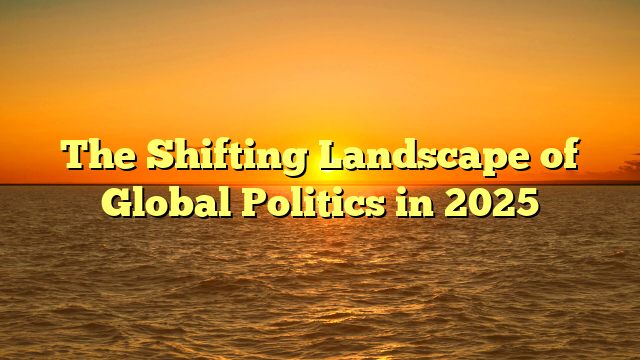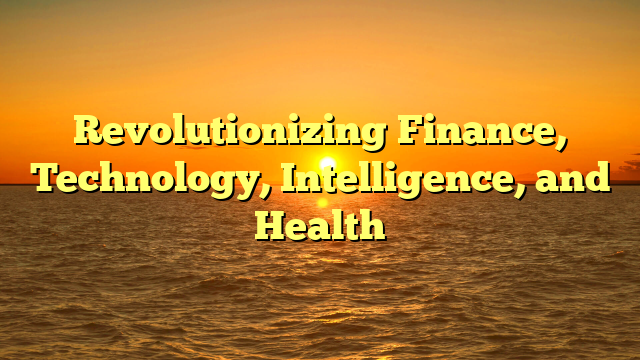
In 2025, the global political landscape is undergoing significant transformation. From the rise of new political alliances to the resurgence of populism and nationalism, countries are adapting to a complex web of domestic and international challenges. These developments are reshaping how power is distributed, how democracies function, and how leaders respond to the ever-evolving expectations of their citizens.
One of the most notable trends in global politics is the shift toward multipolarity. For decades, the world was dominated by a few superpowers—mainly the United States, China, and the European Union. However, recent years have seen the rise of regional powers such as India, Brazil, Turkey, and Indonesia, which are asserting their influence in areas like trade, diplomacy, and environmental policy. These countries are no longer just reacting to global events; they are actively shaping them.
This transition to a multipolar world has led to new international alliances and the reconfiguration of old ones. For instance, organizations such as BRICS (Brazil, Russia, India, China, and South Africa) have expanded their influence, proposing alternative financial systems and trade partnerships to counterbalance Western institutions like the IMF and World Bank. Similarly, regional blocs in Africa and Southeast Asia are gaining traction as voices for localized solutions to global issues such as climate change, poverty, and digital access.
Domestically, many countries are grappling with political polarization. In the United States, despite record voter turnout in recent elections, bipartisan gridlock remains a significant challenge. Issues like reproductive rights, gun control, and immigration continue to divide the electorate. Similarly, in Europe, far-right parties are gaining support by tapping into fears about immigration, economic instability, and national identity. These parties often criticize globalization and advocate for stricter border controls and more centralized power, challenging the liberal democratic norms that have shaped the West for decades.
Populism remains a powerful political force globally. Leaders who position themselves as outsiders or champions of the “common people” continue to find success by exploiting widespread dissatisfaction with traditional elites and institutions. This has led to a decline in trust in the media, government agencies, and electoral systems. In response, some governments are exploring ways to rebuild trust—ranging from citizen assemblies to digital voting reforms—but progress remains uneven.
Technology is also playing a central role in modern politics. The increasing use of artificial intelligence, big data, and social media has transformed campaigning and policymaking. While these tools offer efficiency and outreach, they also raise concerns about surveillance, misinformation, and election interference. In countries with weak digital regulations, authoritarian leaders have used technology to stifle dissent, monitor opposition, and manipulate public opinion.
Climate change has emerged as a defining political issue, particularly for younger generations. In 2025, climate policy is no longer just an environmental concern; it’s a central part of economic and security agendas. Countries are negotiating climate trade agreements, and green technologies are becoming strategic assets. Politicians who ignore environmental concerns increasingly risk alienating a significant portion of the electorate.
Amid these shifts, there is also hope. Grassroots movements advocating for human rights, democratic governance, and social justice are growing. Youth-led organizations, indigenous voices, and global activists are demanding more inclusive, transparent, and accountable leadership. situs slot qris of decentralized activism, powered by digital tools, is making it harder for authoritarian regimes to silence dissent without international scrutiny.
In conclusion, politics in 2025 is defined by flux. The balance of power is shifting, traditional institutions are under pressure, and new voices are emerging. While this era brings uncertainty, it also offers an opportunity to rethink governance, deepen civic engagement, and build political systems that are more responsive to the needs of diverse and dynamic populations.




